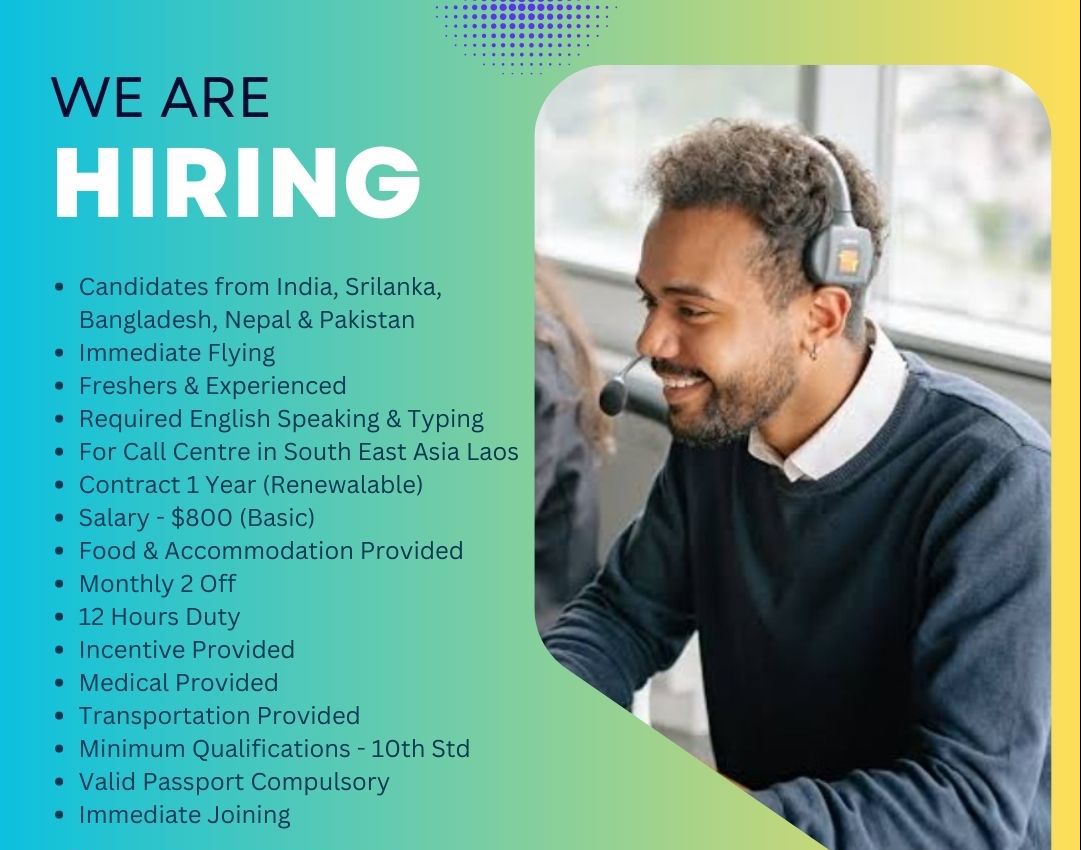
Offering employee benefits is an important aspect of attracting and retaining talent in any organization. In Thailand, providing employee benefits can help enhance employee satisfaction, increase loyalty, and contribute to overall employee well-being. Here is a comprehensive guide to offering employee benefits in Thailand:
-
Mandatory Employee Benefits: a. Social Security: As per the Social Security Act, employers are required to contribute to the social security fund on behalf of their employees. The contributions cover benefits such as medical treatment, maternity leave, disability, and death.
b. Workmen's Compensation: Employers are obligated to provide workmen's compensation insurance to cover workplace accidents or injuries.
-
Additional Employee Benefits: a. Provident Fund: Establishing a provident fund is a common practice in Thailand. Employers and employees contribute to the fund, which helps employees build savings for retirement.
b. Health Insurance: Providing health insurance is highly valued by employees. It can be a comprehensive medical plan or a basic coverage scheme, depending on the organization's budget and requirements.
c. Life Insurance: Offering life insurance coverage to employees is another valuable benefit. It provides financial protection to employees' families in the event of their untimely demise.
d. Annual Leave: Thailand's Labor Protection Act mandates employers to provide a minimum of six days of paid annual leave to employees who have completed one year of service. However, many organizations offer more generous annual leave policies.
e. Public Holidays: Thailand has numerous public holidays, and employers are required to grant employees leave on these days. Some organizations may offer additional days off for special occasions or local events.
f. Sick Leave: Employers should provide paid sick leave to employees in compliance with the labor laws. The duration of sick leave depends on the length of employment.
g. Maternity and Paternity Leave: Maternity leave in Thailand is typically 98 days, with a portion of the pay covered by social security. Some employers offer extended paid maternity leave or additional support for new parents.
h. Childcare Support: Organizations may provide childcare facilities or assistance programs to support working parents. This benefit can include subsidized daycare services or flexible working hours.
i. Retirement Benefits: In addition to the mandatory social security contributions, some organizations offer additional retirement benefits such as a pension plan or retirement savings scheme.
j. Employee Assistance Programs (EAP): EAPs offer confidential counseling services to employees to address personal or work-related challenges, promoting mental well-being.
k. Wellness Programs: Employers can implement wellness programs that include activities like yoga classes, fitness memberships, health screenings, or nutritional guidance.
l. Education and Training: Supporting employee development through educational assistance programs, training opportunities, or reimbursement for professional certifications can be highly appreciated.
-
Communication and Documentation: a. Clearly communicate the available benefits to employees, ensuring they understand the coverage, eligibility criteria, and any necessary enrollment processes.
b. Provide written documentation, including employee handbooks, benefit guides, and policy manuals, outlining the details of each benefit offered.
-
Legal Compliance: a. Stay updated with the latest labor laws and regulations in Thailand to ensure compliance when providing employee benefits.
b. Consult with legal and HR experts to ensure adherence to all legal requirements and obligations.
It's crucial to customize your employee benefits package based on your organization's budget, industry norms, and employee needs. Seeking professional advice and considering employees' feedback can help create a well-rounded benefits program that aligns with your organization's goals and fosters a positive work environment.

Leave a Reply